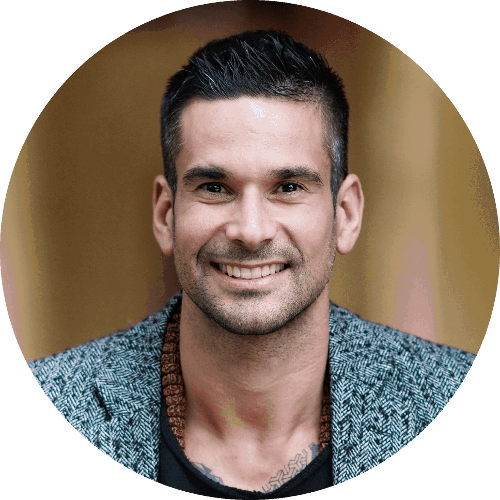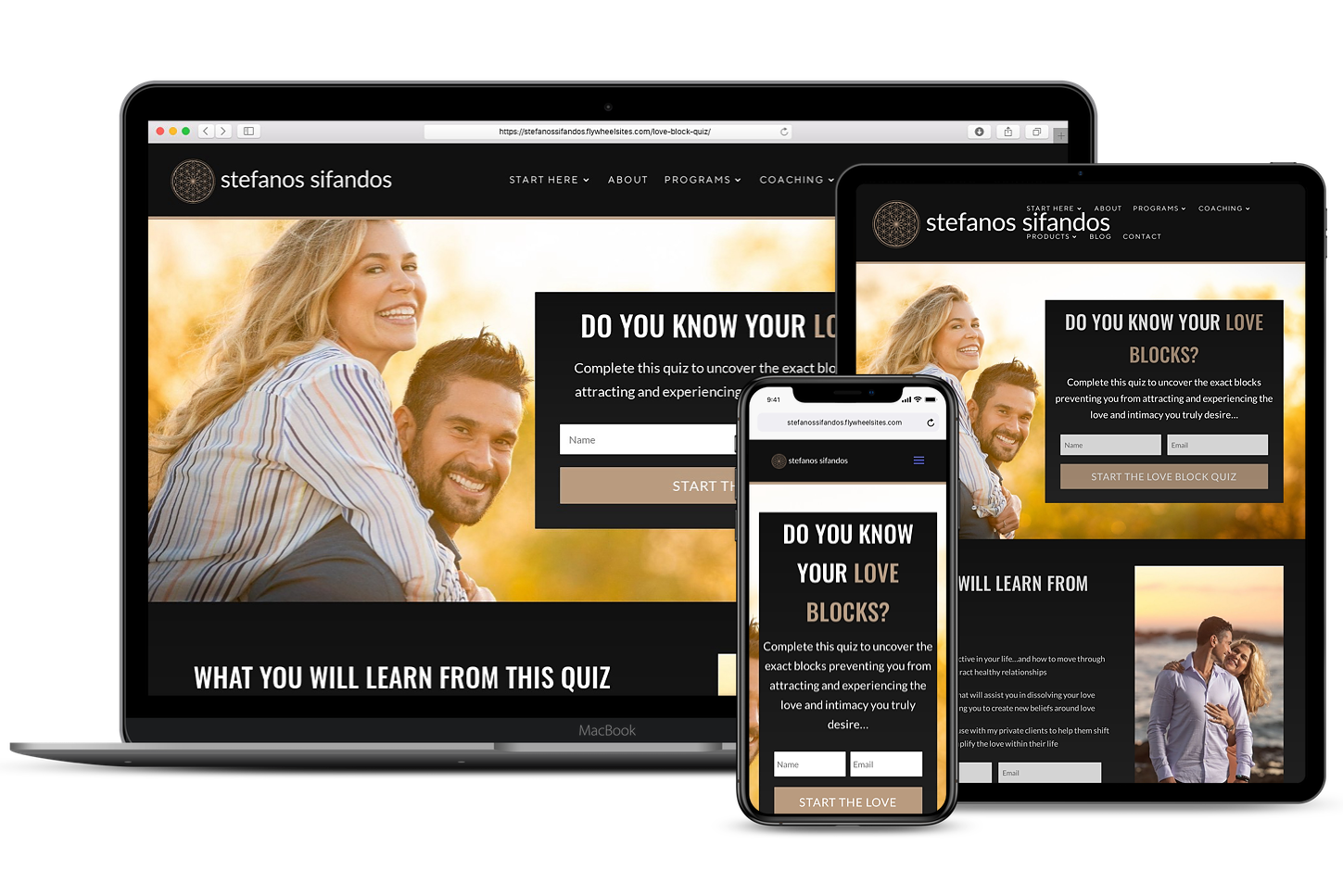How I Stopped Playing The Victim
- Assumed ownership of my actions
- Stopped gossiping and whining
- Stopped making excuses
- Stopped seeking attention and validation
- Realized I didn’t have to be my parents
- Forgave others
- Stopped comparing
- Believed in my abilities and innate worthiness
- Stopped feeling sorry for myself
- Learned to be more authentically expressive
- Understood what I was feeling
- Practiced discernment and assertiveness
- Set healthy boundaries
- Changed my story and what was possible
We often play the victim when we lack belief in ourselves. We play the victim to get attention and validation. I know I did. We also have an approach of blaming others for our misfortunes or even being highly codependent. My self-worth was so low that I needed to beg in all the different ways for people to SEE me and validate me. I searched outside of myself for love and compromised myself during that journey.
We have every opportunity to grow together when we love ourselves deeper. We share honest love, not rejection based love. We are playing the victim, we feel rejected, we don’t trust our own choices and we lose our sense of direction. Playing the victim means we have people feeling sorry for us and therefore paying attention to us and safeguarding their presence.
Unfortunately the shadow side to this already shadow behaviour is resentment. Others begin to resent us and often push us away, so our victimhood intensifies. Once it was just being sad to receive sympathy and attention, not ist perhaps purposely wounding ourselves and going to extremes to receive that validation.
Being victimised is different from playing the victim. You may very well be a victim of assault or crime, In such a case you have every right to feel that things were out of your control, because they were, and any thought that it’s somehow your fault and you are responsible is erroneous thinking.
Remember, its normal to feel helpless and hopeless, but when this becomes your norm and you lose that internal power within, you will seek for it outside of yourself and this is damaging to your relationships, your self worth and your perceived value.


STEFANOS SIFANDOS
Relational Alchemist, Speaker & Author

STEFANOS SIFANDOS
Relational Alchemist, Speaker & Author
KEEP READING

START WITH YOUR LOVE BLOCKS
Complete this assessment to uncover the exact blocks preventing you from attracting and experiencing the love and intimacy you truly desire
